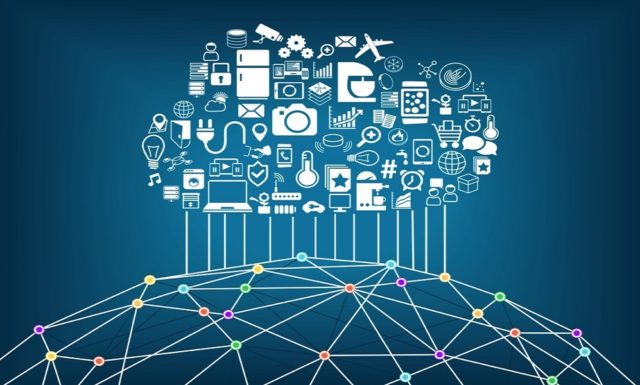We are living in the time of the Fourth Industrial Revolution – a process that unites biological, digital and physical spheres. And perhaps the most important condition for unfolding of this process is the coming age of Internet of Everything (IoE).
According to most experts, it will bring an enormous shift on our way of living, solving problems and creating value for business. In the near future our cars, houses, fridges, stoves, light bulbs, clothes and visual devices will all be interconnected.
This has the potential to create new capabilities, richer experiences and unprecedented economic opportunity for businesses, countries and individuals.
A Business Insider analysis calculates that by 2020 there will be around 34 billion devices connected to internet worldwide, compared to 10 billion in 2015. Internet of Things (IoT) devices will account for 24 billion, while traditional computing devices as smartphones and tablets will be around 10 billion.
Over the next five years the market for IoT solutions will reach nearly $6 trillion. Business is looking like the top customer of this kind of products because of the perspective for lowering of operation costs, increased productivity and expanding to new markets.
By year 2020 more than 5 billion people will be connected to the web. This is nearly seven times more than their number in 2000. The new internet users will come mainly from Africa and Asia and their connection will be mobile. This creates entirely new economic reality, which is already happening.
Just yesterday the idea of smart homes was interesting mostly for geeks and wealthy executives from the tech industry. But platforms like Amazon’s Alexa are soon going to make this concept affordable for nearly everyone in the developed world.
With the coming of more people online, companies like Google are trying to make their services more accessible with smaller apps for budget devices and offline support.
Today the tech giant announced that its Google search app for Android will save our queries while we are offline and deliver the results when our internet connection is established again.
As Android is the most used operating system in developing economies where the internet quality is low this new feature will be pretty helpful for the millions of new users. Soon the company is going to apply it for iOS too.
Meanwhile, Google is working with LG on producing the first Android Wear 2.0 devices – the LG Watch Sport and LG Watch Style. The smartwatches will be revealed on February 9. Both devices have options for Wi-Fi and Bluetooth connectivity, while the sport model features cellular connectivity with 3G and LTE data, as well as GPS.
As for now the expansion of wearables benefits mostly retailers and technological businesses, but the new features in these devices have the potential to improve our day-to-day activities and quality of life.
IoE will make us more self aware in every life aspect of life, from eating habits and sport to management of our home and finances.
You can learn more about the rise of mobile tech, sharing of information and connected devices during Webit.Festival 2017. During the two-day agenda of the festival in Sofia you can listen to top level speakers from all over the world, who will share their experience on topics, such as Marketing & Innovation, Big Data & Cloud, IoE, Digital Transformation, FinTech & Blockchain, Security & Privacy, Health & Wellbeing and Mobility.
